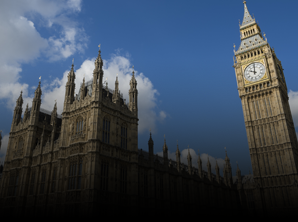Local revenue raising powers are key to implementing meaningful devolution
SUGGESTED

Matthew Lesh writes in City AM


“The UK has among the most centralised governments in the G7 – with over 90% of tax revenue being raised by central government, compared to the OECD average of just over half.
“There is robust evidence that fiscal devolution – the ability to raise tax revenue locally – delivers better outcomes by enabling experimentation with different policies, linking services to local needs, and creating competition between state-funded services. Research has shown that increasing the local share of taxation from 5 to 20 per cent could raise GDP per capita by 6 per cent.
“Many of the report’s specific proposals, however, double down on the UK’s disappointing model of devolution. New requirements to promote economic equality and diktats about service delivery would leave actual policy making highly centralised. Decentralised administrations must have the ability to meaningfully diverge their policies from Westminster – be it through reducing occupational licensing, regional pay bargaining and minimum wages, lower taxes, new models of healthcare and education delivery, or looser planning rules.”
ENDS
Notes to editors
Contact: media@iea.org.uk / 07763 365520
IEA spokespeople are available for interview and further comment.
The IEA’s Federal Britain: The case for decentralisation, authored by Philip Booth, was published in November 2015.
The mission of the Institute of Economic Affairs is to improve understanding of the fundamental institutions of a free society by analysing and expounding the role of markets in solving economic and social problems. The IEA is a registered educational charity and independent of all political parties.



